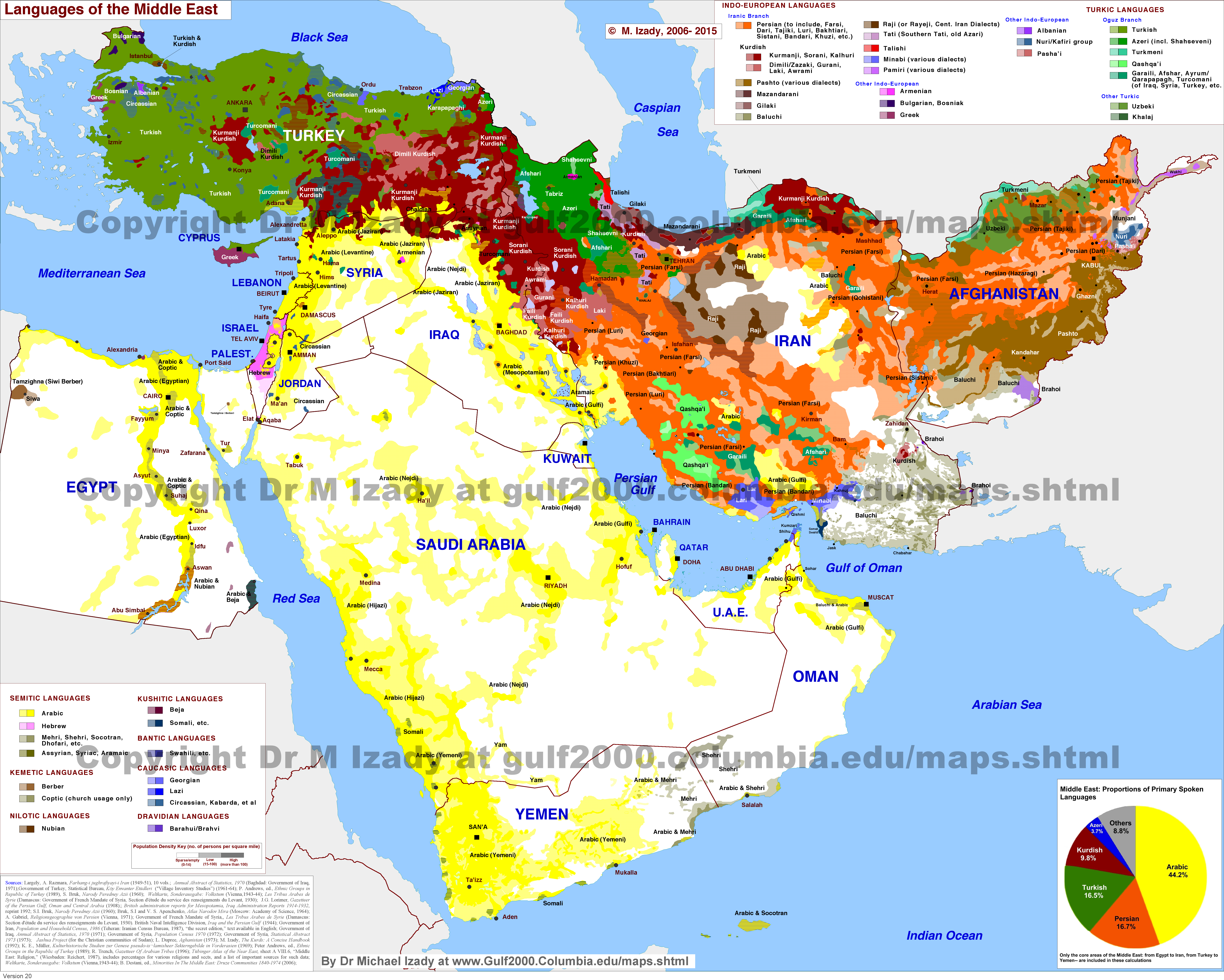Capital/chapter/caput/...
Suppose up on time this time!(-Hope, Taranis help us!) Coban is also used in greece mean.= the sheppard. Gr./
Τσομπάνης.
There is also a "capital" word... Check how the travel goes. (Excuse me for the greeks, literally and metaphorically!)
I mind the case of the head, inside and around, so -Persian,
Sar;-> I.E.
ker-a-; {the cap, the hat, the head itself;}.>
Gr. -Κάρα. -ka-ra, {=the head,the top,}, either Gr.
Κεφάλι/Κέφαλος,
From -Κάρα-.we have>Gr.
Κάρανος, (Τhe first Macedonian King.) mean. {the head leader; the father clan; the supreme on top;}.>
Gr.
Καράκαλλον. -kar-a-kallon, {= the head scarf, hood, cowl, cover of the head}.> Latin. caracalla;
Gr.
Καρύδι,-ka-ree-thee,
το κάρυον, {=the wallnut,} simular with the head and the brains inside..!
Enough for the greeks which are many words with the root -
Κάρα, and maybe also describes my very greek origin of
Σαρακατσάνος or Καρακατσάνος; (sar/car,= the head

+ (Persian. cachan = fugitive; runaway

...continued.




